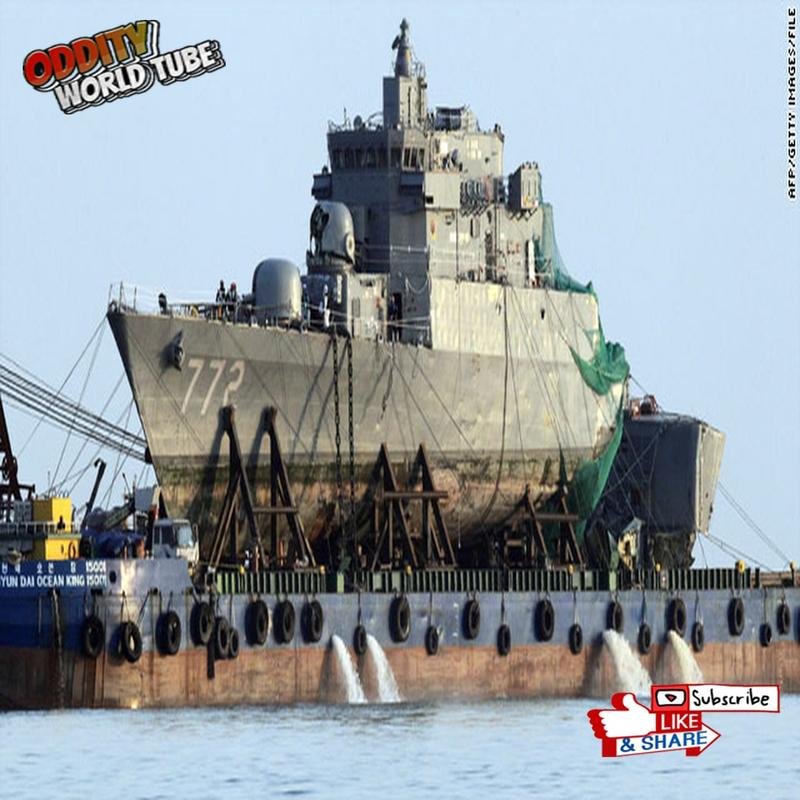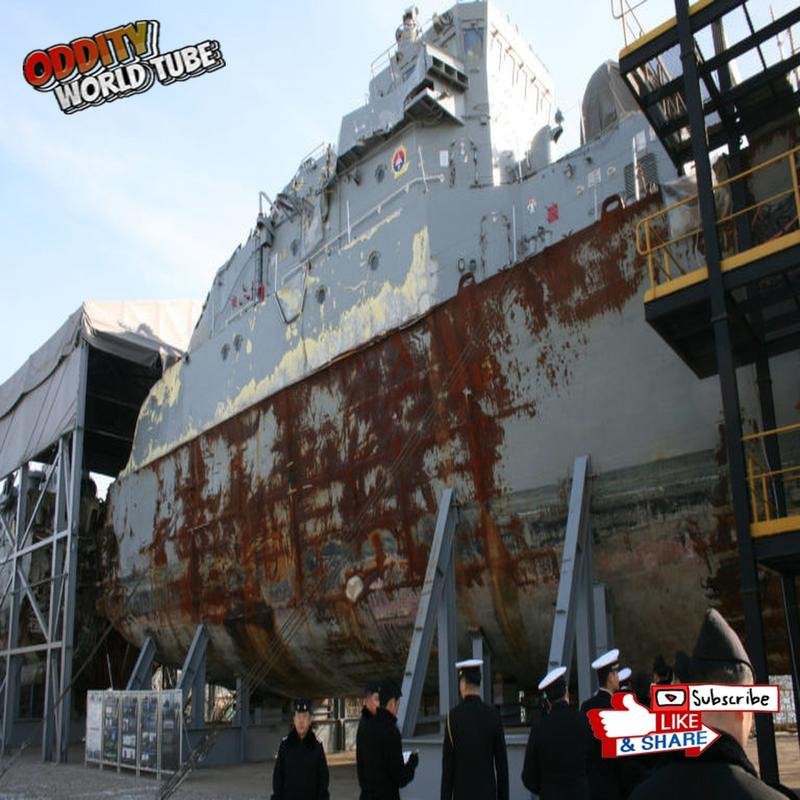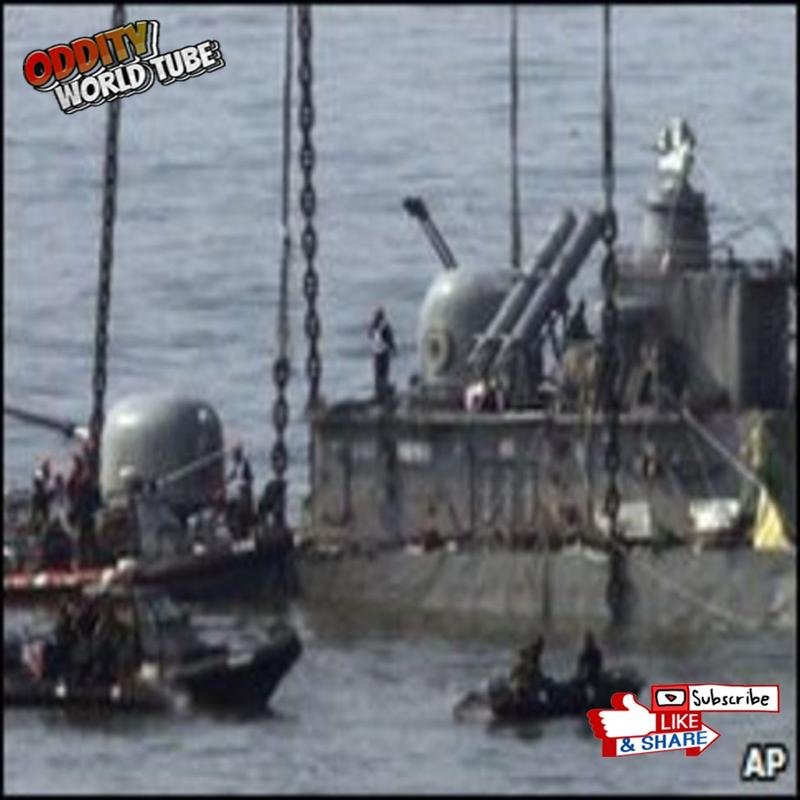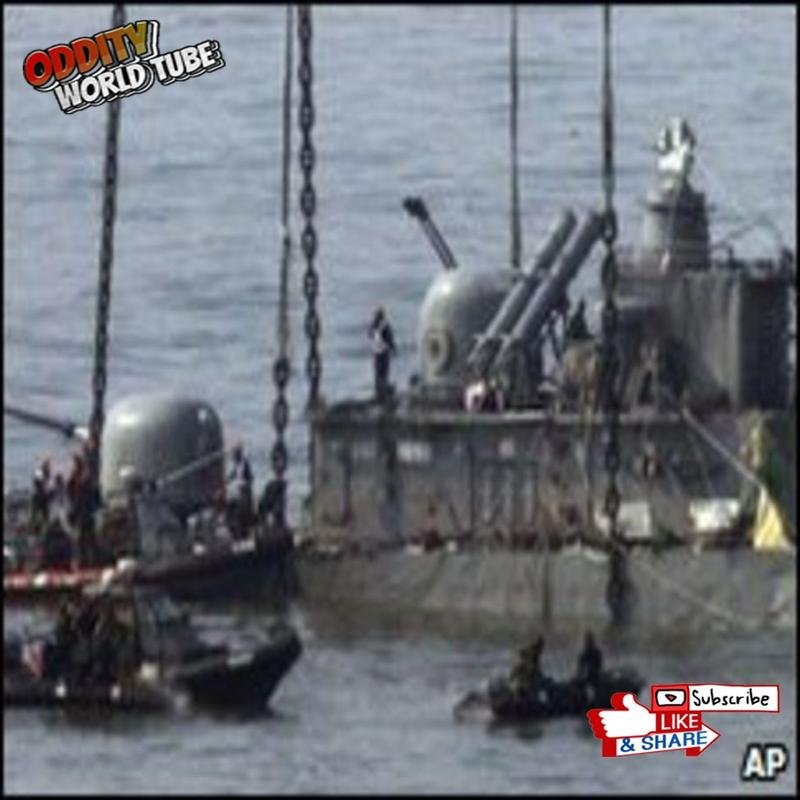The Cheonan Sinking: Torpedo Evidence and the Korean War? #Korea #Cheonan #Investigation

Cheonan Sinking: Torpedo Evidence & Korean War Implications
The sinking of the Republic of Korea Navy corvette Cheonan in 2010 profoundly impacted the Korean Peninsula and the international community, sparking intense debate regarding its cause. Subsequent investigations yielded evidence suggesting external involvement, exacerbating regional tensions.
The Incident and Initial Investigations
On the night of March 26, 2010, the Cheonan sank in the Yellow Sea off Baengnyeong Island. Of the 104 crew members, 46 perished, and 58 survived. Rescue and recovery efforts quickly transitioned into a comprehensive investigation to determine the cause of the incident. Initial hypotheses included an internal explosion, but the possibility of an external attack soon gained prominence.
The Joint Investigation Team (JIT) Findings
A multinational Joint Investigation Team (JIT), comprising experts from South Korea, the United States, Australia, the United Kingdom, and Sweden, concluded that a torpedo caused the sinking. Recovered torpedo fragments from the seabed were identified as North Korean-manufactured. The JIT report specified the weapon as a CHT02D, a sound-guided torpedo designed for anti-warship operations, citing markings consistent with North Korean torpedoes. These findings led South Korea to accuse North Korea of the attack, a claim Pyongyang vehemently denied.
International Response and Heightened Tensions
South Korea responded decisively, imposing economic sanctions on North Korea and strengthening its border defenses. Joint military exercises with the United States were conducted to demonstrate resolve. These actions heightened inter-Korean tensions and raised concerns about regional stability.
Lingering Questions and Alternative Hypotheses
Despite the JIT’s conclusions, questions remain regarding the circumstances of the sinking. Some experts cite inconsistencies in the evidence and advocate for a more transparent and independent investigation. These inconsistencies include the purportedly pristine condition of the recovered torpedo despite prolonged submersion. Questions also persist regarding North Korea’s capability to execute such a sophisticated attack undetected in a heavily monitored area. Alternative hypotheses, such as human error or a technical malfunction, have been proposed.
Impact on Inter-Korean Relations and South Korean Security Policy
The Cheonan sinking significantly impacted inter-Korean relations, stalling prior diplomatic efforts. South Korea accused North Korea of undermining peace and stability, while North Korea countered with accusations of evidence fabrication and reputational damage. The incident prompted changes in South Korea’s security policy, including strengthened military cooperation with the United States, increased defense spending, naval modernization, and procurement of advanced weaponry.
Ongoing Debate and Calls for Reconciliation
The Cheonan sinking remains a sensitive and complex issue. While the JIT concluded that North Korea was responsible, doubts persist, necessitating further independent investigation to ascertain the full truth. Anniversaries of the sinking have renewed calls for reconciliation and peace, with many South Koreans advocating for dialogue and negotiation as pathways to lasting stability. However, genuine reconciliation requires full disclosure of the truth and accountability for those responsible.
Further Developments and Continued Division
In 2021, South Korea’s proposal for a joint investigation with North Korea was rejected. North Korea maintains its innocence and accuses South Korea of politicizing the issue, hindering progress towards truth and trust-building. The anniversary serves as a stark reminder of the devastating consequences of the ongoing Cold War on the Korean Peninsula. The division between the Koreas has resulted in numerous conflicts, and the Cheonan sinking exemplifies the tragic consequences of this division. A peaceful and lasting resolution is imperative.
In 2015, Russia issued a separate report questioning the JIT’s findings, citing evidentiary inconsistencies and suggesting a possible old naval mine explosion as the cause. This further complicated the issue, hindering consensus.
Over a decade later, the Cheonan sinking continues to divide South Korean society, with some firmly believing in North Korean culpability while others demand a more thorough investigation. This division highlights the challenges South Korea faces in its relationship with its northern neighbor.
Conclusion
In conclusion, the sinking of the Cheonan represents a national tragedy for South Korea and continues to raise concerns about regional security and inter-Korean relations. While evidence suggests North Korean involvement, lingering doubts underscore the need for further independent investigations and diplomatic efforts to uncover the truth and foster trust.







